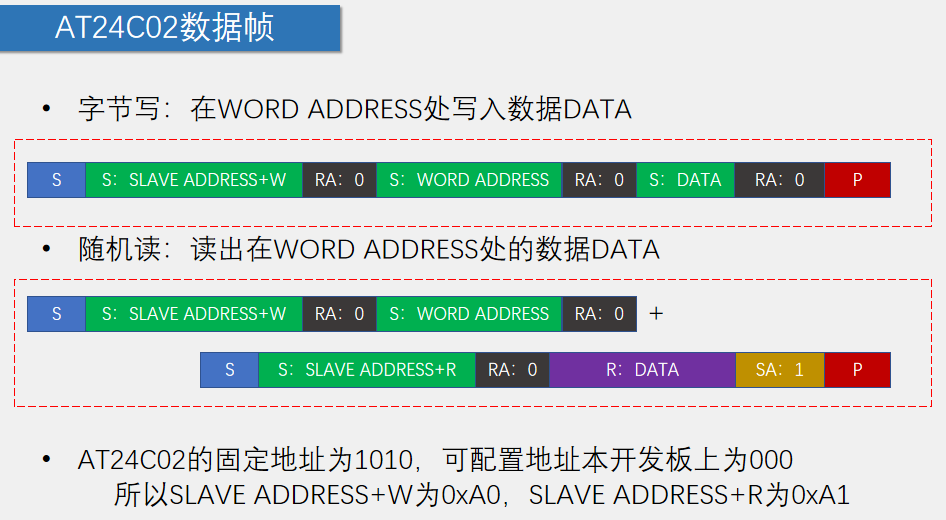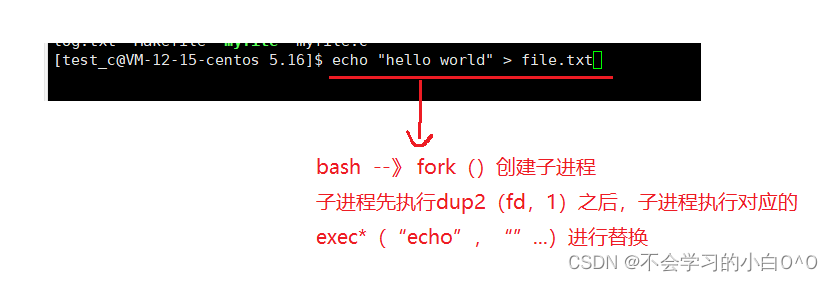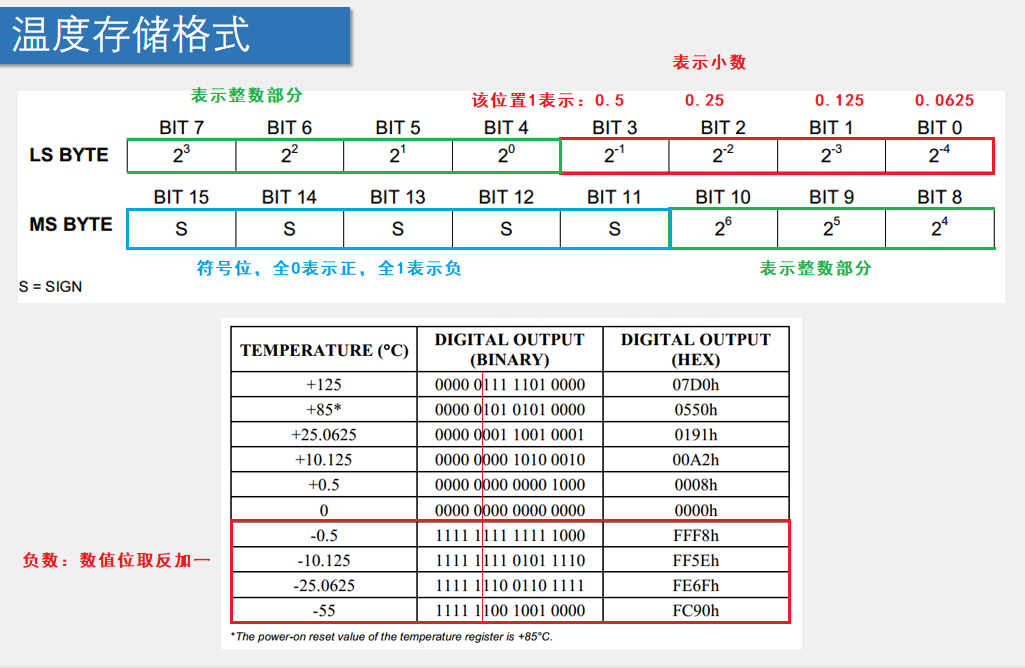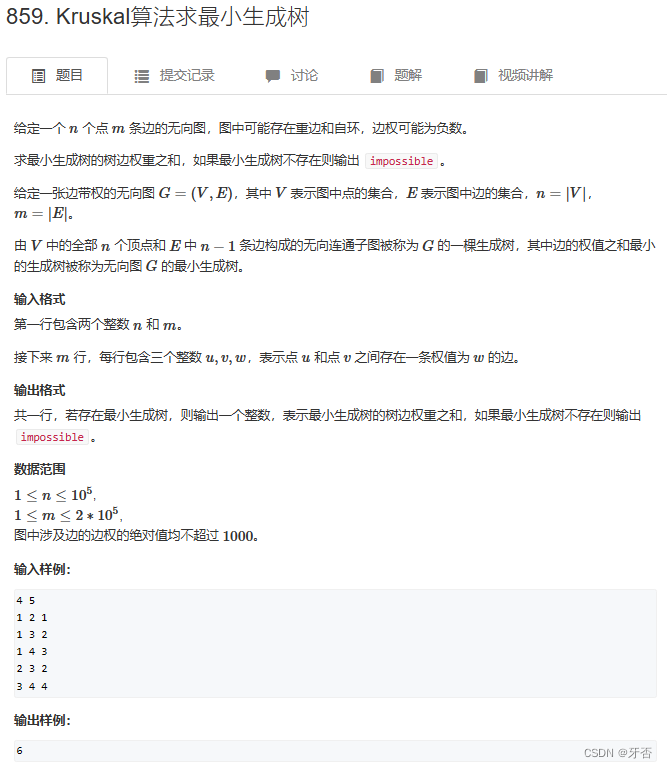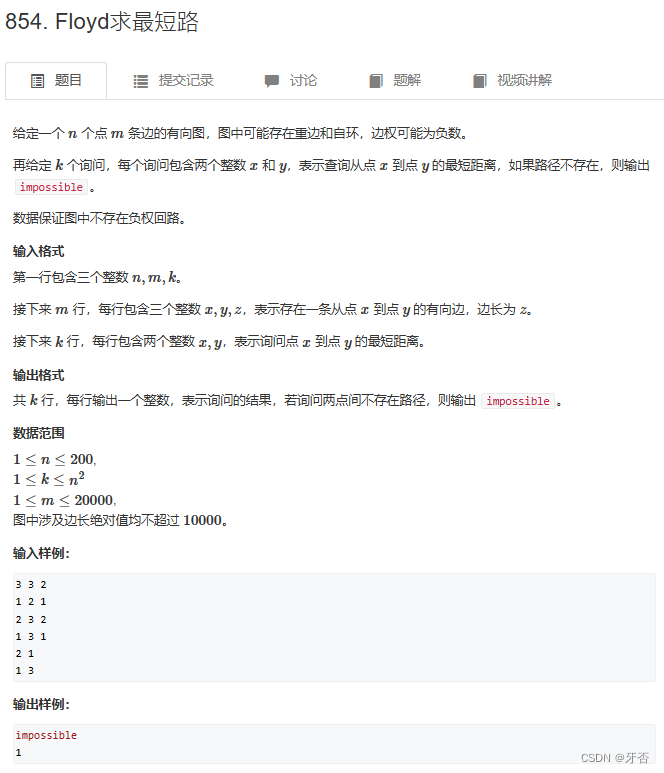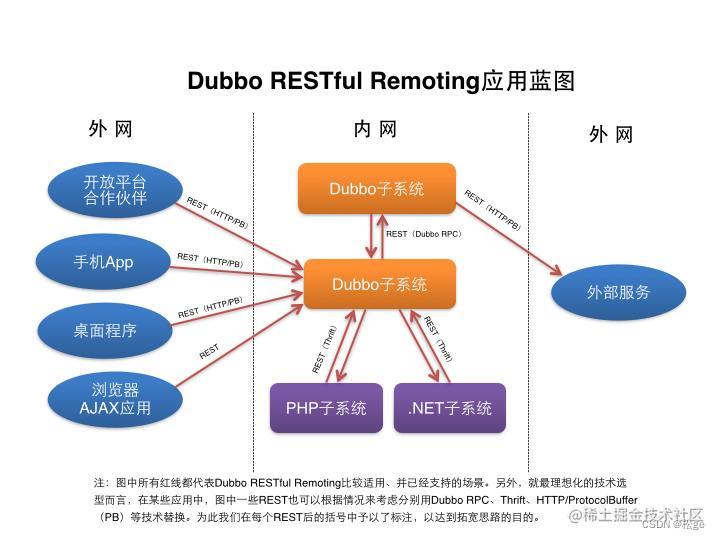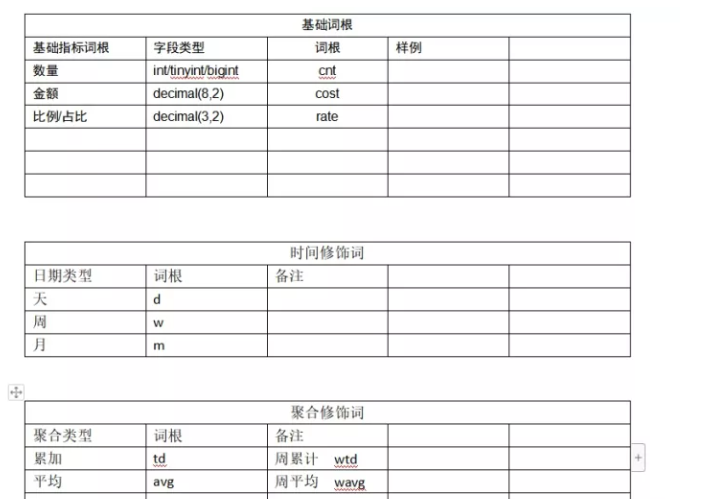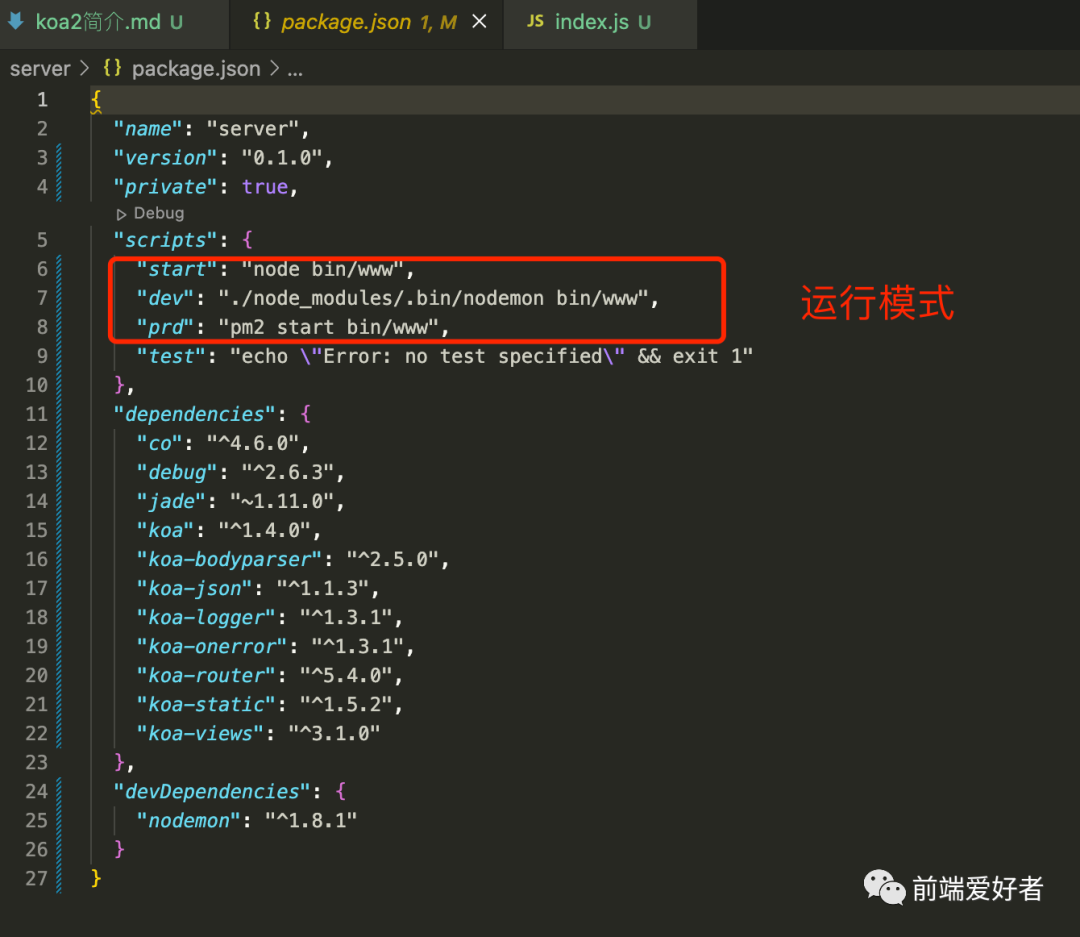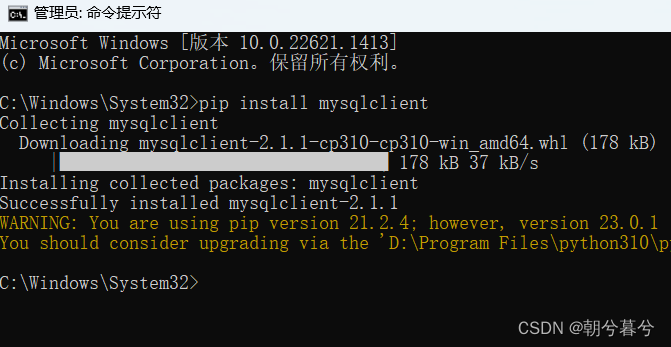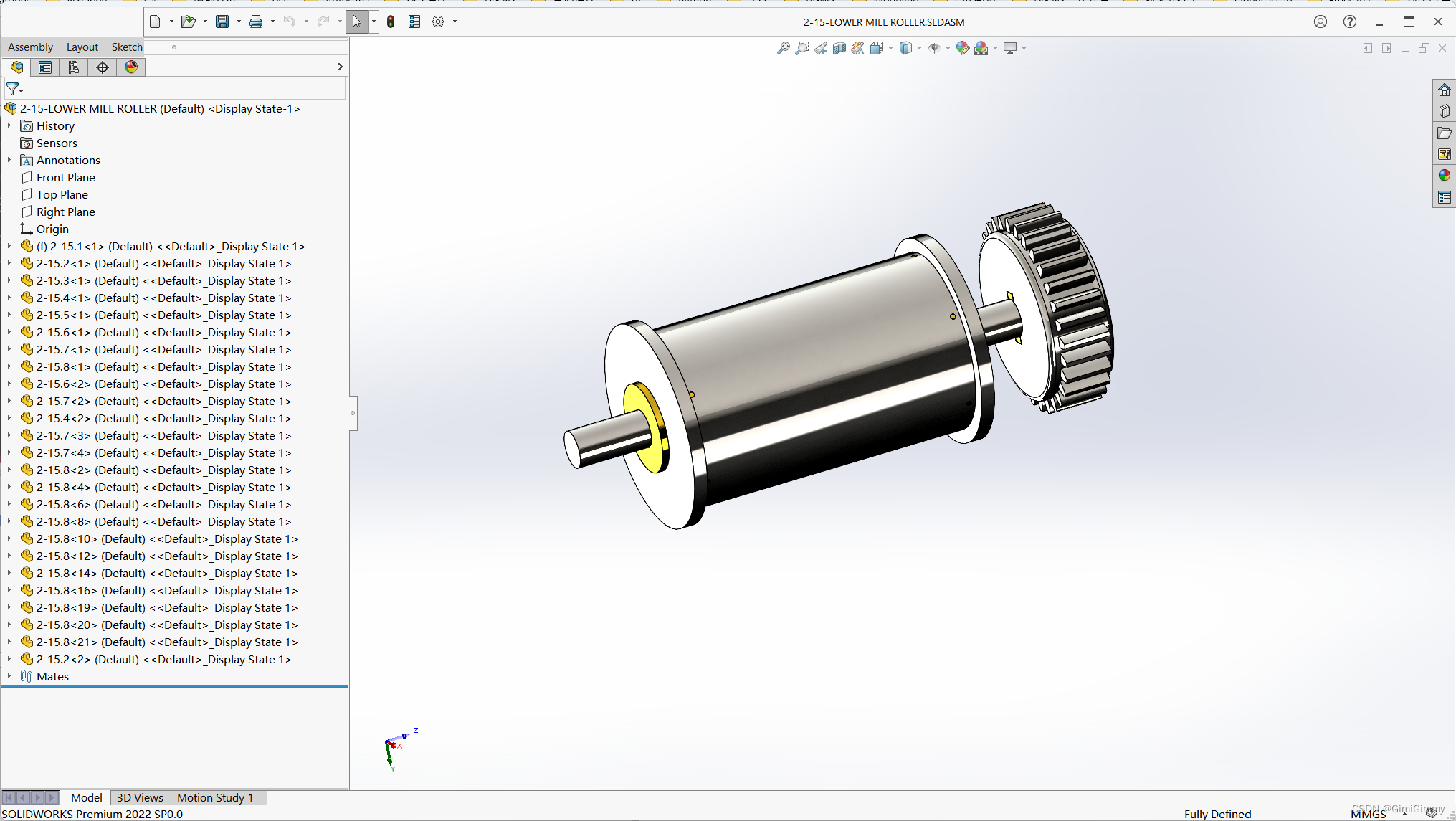使用ORM框架可以加快开发速度,现在简单说下在.Net开发中使用微软官方提供的ORM框架
Entity Framework Core初始化数据库及数据表上手用法。
首先引入依赖项,通过Nuget服务添加如下3个包,因为当前使用的SQL Server数据库所以引入的是SQL Server扩展,根据数据库不同添加不同数据库的扩展即可。EF Core已经屏蔽了大部分数据库的差异。
1.添加依赖项:
Microsoft.EntityFrameworkCore
Microsoft.EntityFrameworkCore.Design
Microsoft.EntityFrameworkCore.SqlServer
2.创建实体类
/// <summary>
/// 作者
/// </summary>
public class Author
{
public long Id { get; set; }
public string Name { get; set; }
public Sex Sex { get; set; }
public string Email { get; set; }
public string Phone { get; set; }
public DateTime Birthday { get; set; }
public IEnumerable<Book> Books { get; set; }
} /// <summary>
/// 书籍
/// </summary>
public class Book
{
public long Id { get; set; }
public string Name { get; set; }
public Category Category { get; set; }
public IEnumerable<Page> Pages { get; set; }
public long AuthorId { get; set; }
public Author Author { get; set; }
} /// <summary>
/// 分类
/// </summary>
public class Category
{
public long Id { get; set; }
public string Name { get; set; }
} /// <summary>
/// 书籍内容页
/// </summary>
public class Page
{
public long Id { get; set; }
public string Content { get; set; }
public string Title { get; set; }
public string Description { get; set; }
public int PageNumber { get; set; }
public long BookId { get; set; }
public Book Book { get; set; }
} /// <summary>
/// 性别枚举
/// </summary>
public enum Sex
{
Male,
Female,
Other
}3.创建实体配置类(Fluent API)
public class AuthorConfig : IEntityTypeConfiguration<Author>
{
public void Configure(EntityTypeBuilder<Author> builder)
{
builder.ToTable("Author").HasKey(x => x.Id);//配置表名称及设置主键
builder.Property(x => x.Name).HasMaxLength(50).IsRequired().HasComment("作者名称");//配置字段名称及长度、是否必填、注释
builder.Property(x => x.Birthday).HasDefaultValueSql("getdate()").HasComment("出生日期");//配置字段默认值、注释
builder.Property(x => x.Email).HasMaxLength(100).IsRequired(false).HasComment("邮箱");//配置字段长度、是否必填、注释
builder.Property(x => x.Phone).HasMaxLength(20).IsRequired(false).HasComment("电话");//配置字段长度、是否必填、注释
builder.Property(x => x.Sex).HasConversion<int>().HasComment("性别");// 为枚举类型的配置、配置枚举类型的转换方式、配置注释
builder.HasMany(t => t.Books).WithOne(t => t.Author).HasForeignKey(t => t.AuthorId);//配置一对多关系
}
} public class BookConfig : IEntityTypeConfiguration<Book>
{
public void Configure(EntityTypeBuilder<Book> builder)
{
builder.ToTable("Book").HasKey(x => x.Id);//配置表名称及设置主键
builder.Property(x => x.Name).HasMaxLength(50).IsRequired().HasComment("书籍名称");//配置字段名称及长度、是否必填、注释
builder.HasMany(t => t.Pages).WithOne(t => t.Book).HasForeignKey(t => t.BookId);//配置一对多关系
builder.HasOne(t => t.Category).WithMany();//配置单向导航
}
} public class CategoryConfig : IEntityTypeConfiguration<Category>
{
public void Configure(EntityTypeBuilder<Category> builder)
{
builder.ToTable("Category").HasKey(x => x.Id);//配置表名称及设置主键
builder.Property(x => x.Name).HasMaxLength(50).IsRequired().HasComment("分类名称");//配置字段名称及长度、是否必填、注释
}
} public class PageConfig : IEntityTypeConfiguration<Page>
{
public void Configure(EntityTypeBuilder<Page> builder)
{
builder.ToTable("Page").HasKey(x => x.Id);//配置表名称及设置主键
builder.Property(x => x.Content).HasMaxLength(200).IsRequired().HasComment("内容");//配置字段名称及长度、是否必填、注释
builder.Property(x => x.BookId).HasComment("书籍Id");//配置字段名称及长度、是否必填、注释
builder.Property(x => x.PageNumber).HasComment("页码");//配置字段名称及长度、是否必填、注释
builder.Property(x => x.Title).HasMaxLength(50).IsRequired().HasComment("标题");//配置字段名称及长度、是否必填、注释
}
}4.创建DbContext类
public class BookDbContext : DbContext
{
public DbSet<Author> Authors { get; set; }
public DbSet<Book> Books { get; set; }
public DbSet<Category> Categories { get; set; }
public DbSet<Page> Pages { get; set; }
protected override void OnConfiguring(DbContextOptionsBuilder optionsBuilder)
{
base.OnConfiguring(optionsBuilder);
optionsBuilder.UseSqlServer(
@"Data Source=(localdb)\MSSQLLocalDB;Initial Catalog=EFCoreDB;Integrated Security=True;Connect Timeout=30;Encrypt=False;TrustServerCertificate=False;ApplicationIntent=ReadWrite;MultiSubnetFailover=False"
);//配置数据库连接,因为是控制台项目所以在这里写了,正确使用请使用依赖注入
}
}5.初始化数据库及表
在程序包管理控制台中执行如下命令:
Add-Migration Init会生成如下内容:
public partial class Init : Migration
{
protected override void Up(MigrationBuilder migrationBuilder)
{
migrationBuilder.CreateTable(
name: "Authors",
columns: table => new
{
Id = table.Column<long>(type: "bigint", nullable: false)
.Annotation("SqlServer:Identity", "1, 1"),
Name = table.Column<string>(type: "nvarchar(max)", nullable: false),
Sex = table.Column<int>(type: "int", nullable: false),
Email = table.Column<string>(type: "nvarchar(max)", nullable: false),
Phone = table.Column<string>(type: "nvarchar(max)", nullable: false),
Birthday = table.Column<DateTime>(type: "datetime2", nullable: false)
},
constraints: table =>
{
table.PrimaryKey("PK_Authors", x => x.Id);
});
migrationBuilder.CreateTable(
name: "Categories",
columns: table => new
{
Id = table.Column<long>(type: "bigint", nullable: false)
.Annotation("SqlServer:Identity", "1, 1"),
Name = table.Column<string>(type: "nvarchar(max)", nullable: false)
},
constraints: table =>
{
table.PrimaryKey("PK_Categories", x => x.Id);
});
migrationBuilder.CreateTable(
name: "Books",
columns: table => new
{
Id = table.Column<long>(type: "bigint", nullable: false)
.Annotation("SqlServer:Identity", "1, 1"),
Name = table.Column<string>(type: "nvarchar(max)", nullable: false),
CategoryId = table.Column<long>(type: "bigint", nullable: false),
AuthorId = table.Column<long>(type: "bigint", nullable: false)
},
constraints: table =>
{
table.PrimaryKey("PK_Books", x => x.Id);
table.ForeignKey(
name: "FK_Books_Authors_AuthorId",
column: x => x.AuthorId,
principalTable: "Authors",
principalColumn: "Id",
onDelete: ReferentialAction.Cascade);
table.ForeignKey(
name: "FK_Books_Categories_CategoryId",
column: x => x.CategoryId,
principalTable: "Categories",
principalColumn: "Id",
onDelete: ReferentialAction.Cascade);
});
migrationBuilder.CreateTable(
name: "Pages",
columns: table => new
{
Id = table.Column<long>(type: "bigint", nullable: false)
.Annotation("SqlServer:Identity", "1, 1"),
Content = table.Column<string>(type: "nvarchar(max)", nullable: false),
Title = table.Column<string>(type: "nvarchar(max)", nullable: false),
Description = table.Column<string>(type: "nvarchar(max)", nullable: false),
PageNumber = table.Column<int>(type: "int", nullable: false),
BookId = table.Column<long>(type: "bigint", nullable: false)
},
constraints: table =>
{
table.PrimaryKey("PK_Pages", x => x.Id);
table.ForeignKey(
name: "FK_Pages_Books_BookId",
column: x => x.BookId,
principalTable: "Books",
principalColumn: "Id",
onDelete: ReferentialAction.Cascade);
});
migrationBuilder.CreateIndex(
name: "IX_Books_AuthorId",
table: "Books",
column: "AuthorId");
migrationBuilder.CreateIndex(
name: "IX_Books_CategoryId",
table: "Books",
column: "CategoryId");
migrationBuilder.CreateIndex(
name: "IX_Pages_BookId",
table: "Pages",
column: "BookId");
}
protected override void Down(MigrationBuilder migrationBuilder)
{
migrationBuilder.DropTable(
name: "Pages");
migrationBuilder.DropTable(
name: "Books");
migrationBuilder.DropTable(
name: "Authors");
migrationBuilder.DropTable(
name: "Categories");
}
}执行如下命令应用到数据库:
Update-Database结果如下:
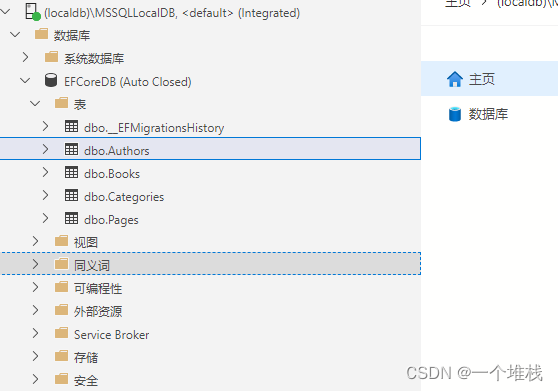
通过以上操作到最终生成数据库及相关数据表整个流程很快,使用体验很好。


